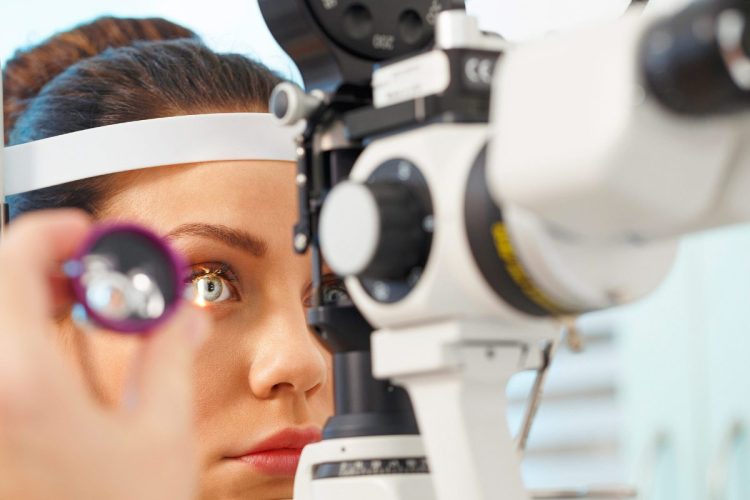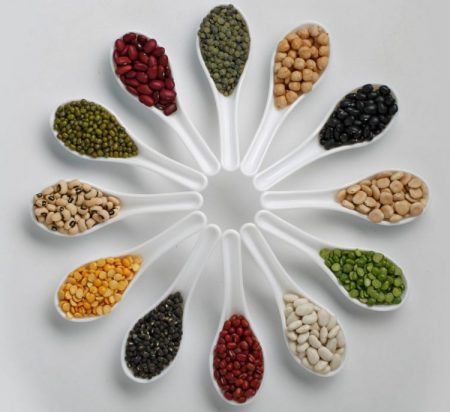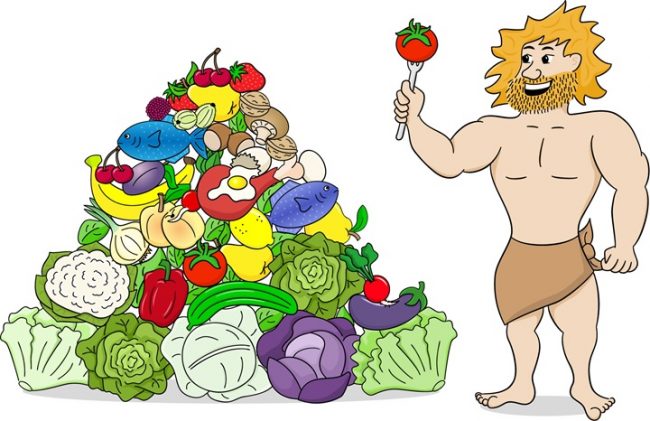Cataracts – prevention and treatment
The following article excerpt shares information provided by Dr. Eric Berg, a chiropractor and health educator, and Dr Mercola Cataracts1 is an eye condition that causes your vision to blur due to a buildup of proteins on the lens of your eye. Left untreated, cataracts can result in progressive loss of vision and, ultimately, blindness. Risk … Read more




